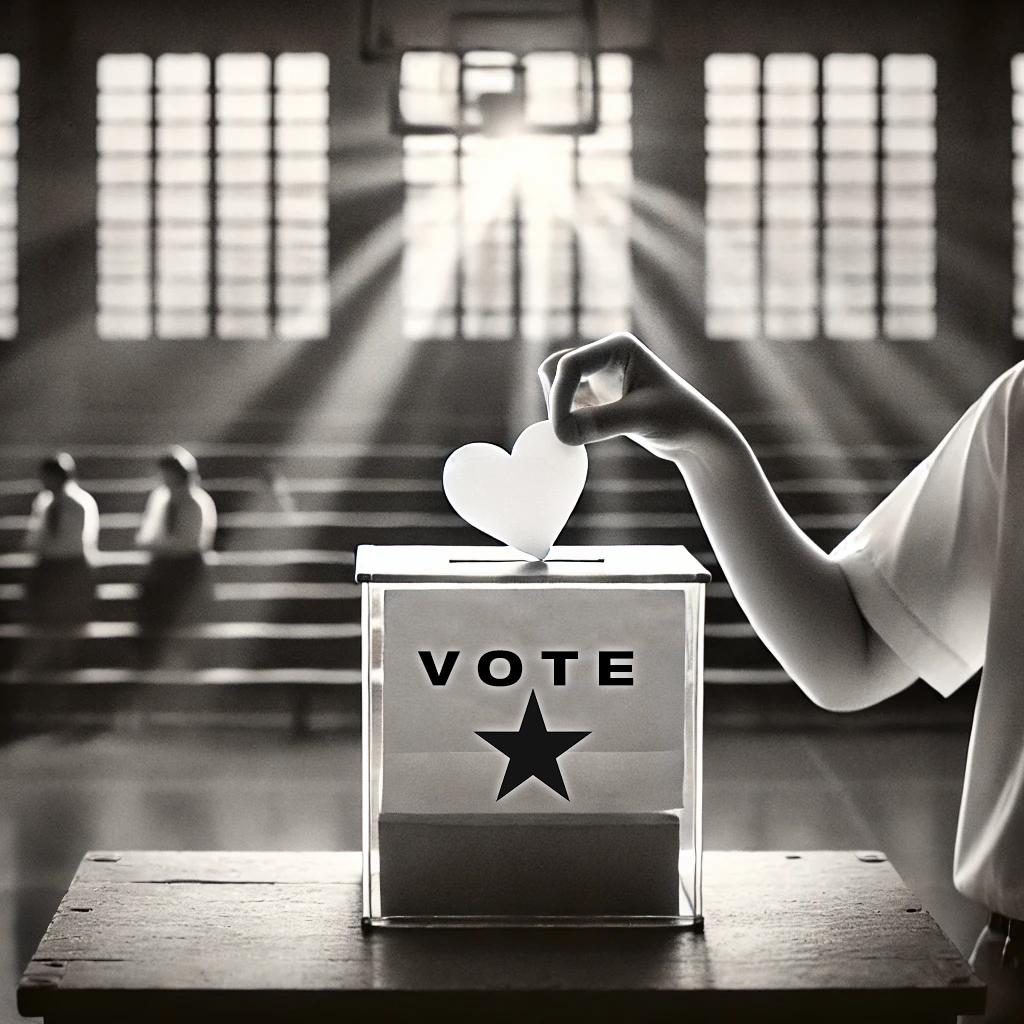
At Issue: Donald Trump’s second victory has left many stunned. As analysts sift through the data to understand what truly happened, the usual pundits are already offering their predictable takes: “It’s the economy,” “The candidate was flawed,” and other familiar refrains. The brief comment below puts a few things into historical context.
Republicans often complain about liberals being elitist and dismissive, accusing them of suggesting that Trump voters are stupid or illiterate. Yet it was Bobby Jindal, a Republican, who once famously declared, “I’m tired of Republicans being the stupid party.” What he meant was that he wanted Republicans to focus on serious economic policy, akin to the technocratic efforts of figures like Paul Ryan—though Ryan’s approach ultimately failed to gain traction. Jindal, in particular, was critical of Trump’s WWE-style antics during the primaries, finding them beneath the dignity of the party.
But Jindal’s credibility was already compromised; his rigid anti-tax policies had left Louisiana in fiscal ruin, effectively writing his political death certificate. His downfall illustrated a broader truth about the GOP: the party lacks both the appetite and a coherent plan for tackling complex economic issues. This is why they never managed to propose a viable replacement for the Affordable Care Act (ACA) or address entitlements, despite repeatedly threatening to do so. Instead, Trump shifted the focus away from these thorny policy challenges, opting instead to exploit Democratic vulnerabilities in the culture wars—whether it was Black Lives Matter, immigration (“migrant invasion”), or identity politics (“wokeness”).
This strategy worked. The results of the 2024 U.S. election, many argue, were driven more by feelings of cultural alienation than by economic concerns like affordability. Trump’s second-term platform was emblematic of this shift, offering little beyond increased energy production, lower taxes, and higher tariffs. Full stop. Ironically, Trump did have an intriguing proposal in 2016 to replace the ACA: he wanted to allow insurance competition across state lines. Currently, state regulations limit insurers to operating within their borders, meaning consumers are often stuck with limited options. Trump’s plan to tear down these barriers could have created a more dynamic health insurance market. But someone—likely Mitch McConnell or the Federalist Society—seems to have whispered in his ear that this was a non-starter, given their staunch commitment to states’ rights.
The Republicans have, over time, mastered the art of reducing politics to a game of “feelings.” As progressive commentator Luke Beasley pointed out in a recent interview, this emotional appeal may explain much of the GOP’s success. Whether the data will ultimately bear this out remains to be seen. Meanwhile, Jindal, despite his early criticisms of Trump, eventually prostrated himself before the former president, aligning with the very project he once mocked. His failure in Louisiana, however, remains a cautionary tale. And don’t get me started on Sam Brownback, whose “project stupid” inflicted a similar fiscal disaster on Kansas. Both serve as reminders of the perils of ideology over pragmatism.

Leave a Reply